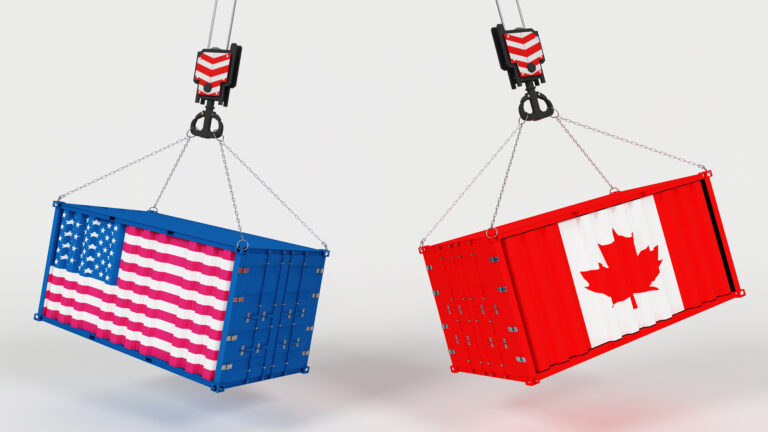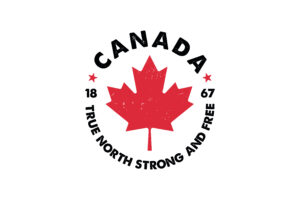While both Canada and the US require the food industry to be able to track food and ingredients one step forward and one step back, Canada’s SFCR had stricter requirements than did the US FSMA for the documentation related to this traceability – until now. Although the new US Traceability Rule does not require compliance until January 2026, the US FDA provided the extended timeline to give industry time to comply; thus it is essential that Canadian food businesses that export to the US know and understand the rule and begin to work toward compliance for exported goods.
However, because of the Food Safety Systems Recognition Arrangement between the US and Canada, and the SFCR subsection 90 and 92 traceability requirements for documentation and labelling, the Canadian food industry is already a step ahead. In fact, the US Traceability Rule specifically mentions Canada importers and the SFCR tracing requirements for fresh produce, noting that entities do not need to duplicate existing records that comply with the provisions of the rule and/or may supplement those records with others that fulfill the recordkeeping requirements. “Thus, any records that entities maintain to comply with part 5 of the SFCR can be used to meet the requirements of subpart S, if those records contain or are amended to contain the required information.”
So, what does the US Traceability Rule require that Canadians should understand? At its most basic, the Traceability Rule establishes the “Food Traceability List” (FTL) with new recordkeeping requirements applying to persons who manufacture, process, pack, or hold foods that appear on the list, regardless of whether the person is in the US or a foreign country.
For any FTL foods, records must be maintained for key data elements (KDEs) that are associated with specific critical tracking events (CTEs) (§ 1.1325 through 1.1350). A traceability lot code for each FTL food is to be maintained throughout the supply chain and used at each CTE, with all KDEs linked to the relevant traceability lot. These records, and all those required by the rule must be made available to the FDA within 24 hours after a request; and an electronic sortable spreadsheet must be provided within 24 hours when requested by FDA for investigation of an outbreak, recall, or other public health threat.
With these requirements, there may be some records that an importer doesn’t currently maintain that will be required under the rule. For example, the rule requires that shippers of FTL foods, domestic or foreign, provide information on the traceability lot code source of the food and that receivers record the lot code source information.
The rule also requires the development of a Traceability Plan that includes descriptions of the procedures used to maintain required records, including the format and location of those records, the procedures used to identify foods on the FTL, and how traceability lot codes are assigned. It must also include the point of contact for questions about the plan and records and a farm map for those that grow or raise a food on the FTL.
It also is important to note that while this final rule focuses on improving traceability, FSMA’s Foreign Supplier Verification Programs FSVP regulation is intended to help ensure that importers take certain steps to verify, before importing food, that the imported food meets applicable FDA food safety requirements.
The overarching purpose of the US Traceability Rule is to develop global traceability that goes beyond the one-forward/one-back standard so a food can be more easily and quickly tracked from farm to retail, with faster identification and removal of potentially contaminated food. With the complexity of today’s global supply chains, traceability can be a challenging prospect. But the regulatory expertise of TAG Canada, both domestic and foreign, can provide the assistance needed to help ensure compliance wherever your products are shipped to – or from. Give us a call today!
Dr. Harpreet S. Kochhar Selected as CFIA President
TAG welcomes the appointment of Dr. Harpreet S. Kochhar as President of the Canadian Food Inspection Agency (CFIA). He is currently President of the Public Health Agency of Canada. Dr. Kochhar takes on his new role effective Feb. 27, 2023. Heather Jeffrey, currently associate deputy minister of health will fill Dr. Kochhar’s prior position.
Dr. Kochhar is a veterinarian who began his Canadian career in rural practice in Southwestern Ontario. After joining the federal government , Dr. Kochhar has held successively higher positions in CFIA, and later moving on to senior positions in several Government Departments. With the numerous roles he has held in both human and animal health, food and agriculture, TAG sees Dr. Kochhar as a great choice to lead the CFIA.





